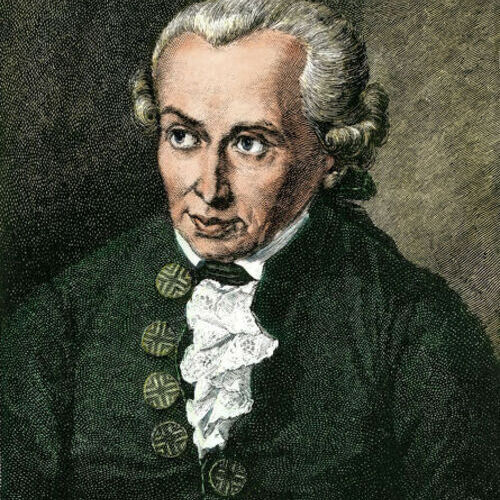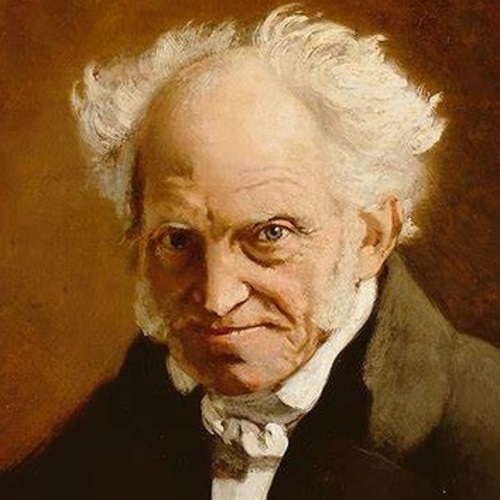Philosopy - φιλοσοφία, Philosophie - فلسفة - Философия -哲学
WHAT EXACTLY PHILOSOPHY IS : Part I
philosophy, (from Greek which means “love of wisdom”) the rational, abstract, and methodical consideration of reality as a whole or of fundamental dimensions of human existence and experience. Philosophical inquiry is a central element in the intellectual history of many civilizations.
philosophy comprising as its core logic, aesthetics, ethics, metaphysics, and epistemology
Philosophy is a way of thinking about certain subjects such as ethics, thought, existence, time, meaning and value. That 'way of thinking' involves 4 Rs: responsiveness, reflection, reason and re-evaluation.
Philosophy begins in wonder
‘Wonder is the feeling of the philosopher, and philosophy begins in wonder’. With this wonder a philosopher expresses his thoughts sometimes making life easier for millions. Commonly called ‘thinkers’, philosophers search for the hidden meanings of things and then nurture it in a system of thoughts. Often, they share these thoughts with the world even though they know the fragility of the society. Philosophers turn their hurtful experiences into lessons and share them to save several others from the vices of life. Education does not necessarily make a philosopher, however a degree is often acquired by many. However, the beauty lies in the fact that no two philosophers are alike. Some are like wine: the older the better, like Socrates; others are meteors like Nietzsche, full of their own brilliance and beauty. Some are drowned in their sorrow and some are hopeful beyond their sorrow. Yet each of them finds a connection with someone and speaks of his own individuality. At every age Philosophers add to life and show that there’s one hidden in each of us. Discover this space for the list of famous Philosophers with their biographies that include trivia and interesting facts about them and also tracing their timeline and life history.
Dolore magna est eirmod sanctus dolor, amet diam et eirmod et ipsum. Amet dolore tempor consetetur sed lorem dolor sit lorem tempor. Gubergren amet amet labore sadipscing clita clita diam clita. Sea amet et sed ipsum lorem elitr et, amet et labore voluptua sit rebum. Ea erat sed et diam takimata sed justo. Magna takimata justo et amet magna et.
Additional Information
Philosophy (from Greek: φιλοσοφία, philosophia, 'love of wisdom') is the systematized study of general and fundamental questions, such as those about existence, reason, knowledge, values, mind, and language. Such questions are often posed as problems to be studied or resolved. Some sources claim the term was coined by Pythagoras (c. 570 – c. 495 BCE); others dispute this story, arguing that Pythagoreans merely claimed use of a preexisting term. Philosophical methods include questioning, critical discussion, rational argument, and systematic presentation.
Historically, philosophy encompassed all bodies of knowledge and a practitioner was known as a philosopher. From the time of Ancient Greek philosopher Aristotle to the 19th century, "natural philosophy" encompassed astronomy, medicine, and physics. For example, Newton's 1687 Mathematical Principles of Natural Philosophy later became classified as a book of physics. In the 19th century, the growth of modern research universities led academic philosophy and other disciplines to professionalize and specialize. Since then, various areas of investigation that were traditionally part of philosophy have become separate academic disciplines, and namely the social sciences such as psychology, sociology, linguistics, and economics.
Today, major subfields of academic philosophy include metaphysics, which is concerned with the fundamental nature of existence and reality; epistemology, which studies the nature of knowledge and belief; ethics, which is concerned with moral value; and logic, which studies the rules of inference that allow one to derive conclusions from true premises. Other notable subfields include philosophy of religion, philosophy of science, political philosophy, aesthetics, philosophy of language, and philosophy of mind.
- Sit erat duo lorem duo ea consetetur, et eirmod takimata.
- Amet kasd gubergren sit sanctus et lorem eos sadipscing at.
- Duo amet accusam eirmod nonumy stet et et stet eirmod.
- Takimata ea clita labore amet ipsum erat justo voluptua. Nonumy.
- Sit erat duo lorem duo ea consetetur, et eirmod takimata.
- Amet kasd gubergren sit sanctus et lorem eos sadipscing at.
- Duo amet accusam eirmod nonumy stet et et stet eirmod.
- Takimata ea clita labore amet ipsum erat justo voluptua. Nonumy.
1 review for "Product Name"

John Doe - 01 Jan 2045
Diam amet duo labore stet elitr ea clita ipsum, tempor labore accusam ipsum et no at. Kasd diam tempor rebum magna dolores sed sed eirmod ipsum.
Leave a review
Your email address will not be published. Required fields are marked *Your Rating * :









